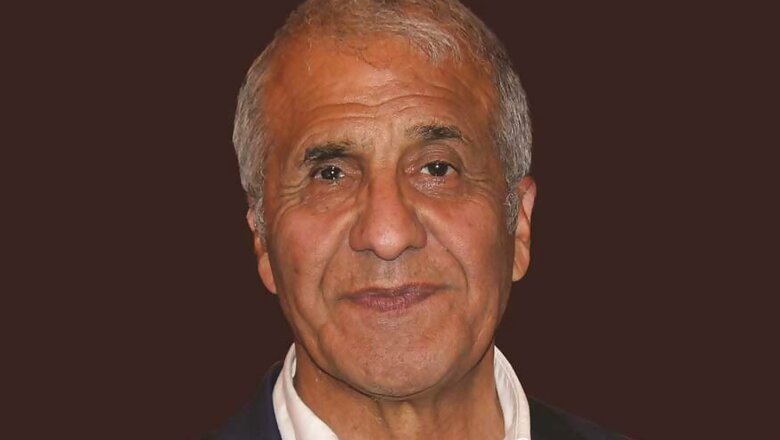
views
 Massoud Khalili, currently Afghanistan’s ambassador to Spain and author of the book ‘Whispers of War: An Afghan Freedom Fighter’s Account of the Soviet Invasion’, in a freewheeling conversation with News18’s Eram Agha talks about his saga and how Afghanistan, as we know it today, came into being.
Massoud Khalili, currently Afghanistan’s ambassador to Spain and author of the book ‘Whispers of War: An Afghan Freedom Fighter’s Account of the Soviet Invasion’, in a freewheeling conversation with News18’s Eram Agha talks about his saga and how Afghanistan, as we know it today, came into being.
Those 200-plus pages were letters to my wife, says Massoud Khalili, son of poet Ustad Khalilullah Khalili, as he reminisces of times that he spent away from Sohailla and their two sons. Times when he traversed the tough terrain of Afghanistan, times he spent overlooking the Chitral River, with countless cups of tea, watching the sun burst over the snow-capped mountains.
Letters to Sohailla now form the crux of the 270-page ‘Whispers of War’ that Khalili, now an Afghan diplomat, has published. There was no telegram and telephone to tell his wife about life as a mujahid. “I was writing letters to my wife… you don’t write to your wife thinking it will be published one day. So these were the heartbreaking stories of people and hope. There was war in Afghanistan but you don’t write to your wife about politics and analysis,” says Khalili.
Khalili, who studied at Dr Zakir Hussain and Kirori Mal College in Delhi, had one goal — “How to mobilise the people against the Soviets for the freedom of this country? And how to spread hope in a poverty-ridden society... some people have done it in Latin America. In India, Gandhi did it. He walked a lot, mobilised people to stand against the foreign rule. He was a poor man who just had a dream,” he says.
“I was set to join St Stephens for my PhD. But my country was struggling with the worst crisis ever. The year was 1980, and all that I could think of was ways to give people hope. So, I left everything and joined the struggle in Afghanistan. I decided to walk the length and breadth of the country. As a mujahideen (freedom fighter), I continued my travel for nine months, mobilising people to rise for freedom,” Khalili told News18.
Through his travels, he came face to face with the fact that the count of the dead in Afghanistan was on an upward spiral. “The Soviets were bombing cars and even horses that were used by people to travel. They stopped at nothing. With no proper roads, I travelled on donkeys, but most of the time by foot. I stayed in caves in Panjshir Valley. With each passing day, I saw men, women and children losing lives for nothing,” says Khalili, adding that his travel across the country got him closer to one of the strongest leaders of that time, which turned out to be a turning point in his struggle.
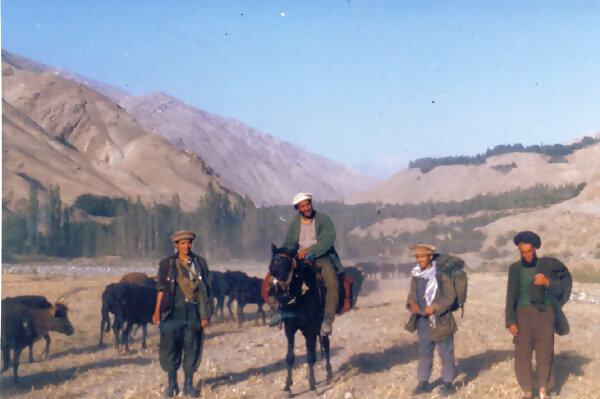
Ahmad Shah Masood was a political-military leader who was young, feisty and respect for him cut through all social classes in Afghanistan. He became his spokesperson, his aide and his interpreter. He became his soldier, without a gun.
In 1996, Taliban took control of Kabul and all hell broke loose. “They are fanatics who are against humanity and progress. They burnt down more than a thousand schools. They believe in the most extreme version of the Quran,” he says. Years later, in 2001, Masood was killed in an apparent suicide bombing carried out by two people from the Al Qaeda who were posing as journalists. Khalili, it was reported, was wounded with hundreds of pieces of shrapnel, but he survived the attack.
The war in Afghanistan changed him, and the change, he says, has not come easy. “When I look back, I marvel at the hope that we had for a better country. I was away from my family, struggling to make a change in the lives of others, with absolutely no assurance of a success in that. Success, as they say, comes with the biggest sacrifices,” he says, adding that Mahatma Gandhi leading India to freedom was one of his greatest inspirations.
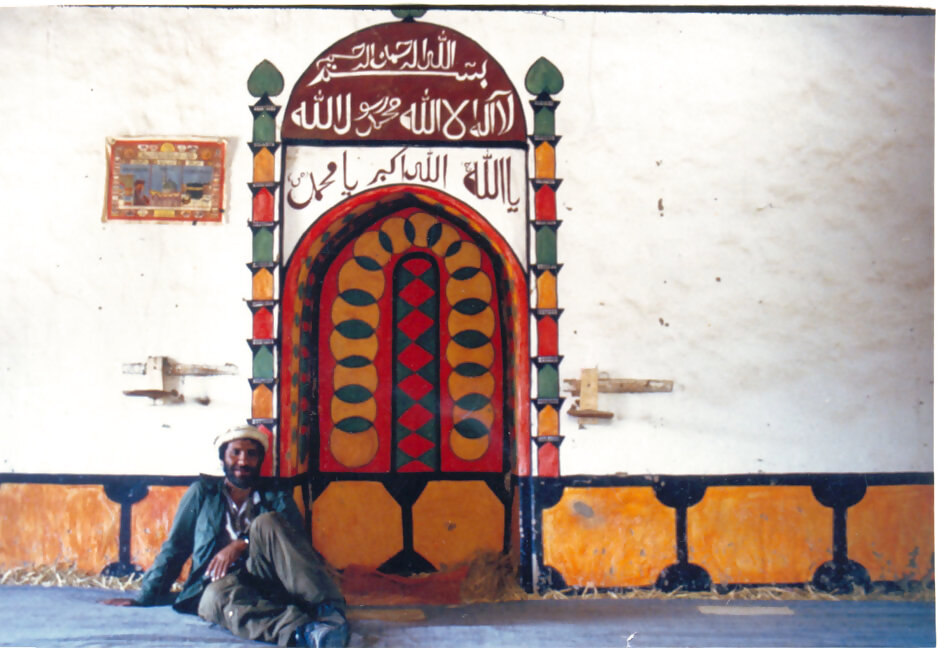
Khalili says the difference in race, caste, ethnicity, and religion never cropped up during the Afghan struggle for freedom. “Everyone had one dream and that was freedom. We never fought the war on where one came from. The fight, however, is still not over for Afghanistan,” he says.
“There is an ancient proverb that says that a goat with two fathers will never survive. It’s the same case with Afghanistan. There are clashes on policies and law of the land is not abided by. Poverty is rampant. There is a lot that still needs to be done,” he says.
“When 80% of the country was destroyed, there was no school or university, no army, police, or political institution. But in last 16 years we got hospitals, schools, roads, soldiers and more than a billion dollar for infrastructure,” he says.
The country, Khalili says, is surviving on a fine line of hope… The hope for a better tomorrow. “I remember going to a school where I found a class with full attendance, but only two students were writing. When I asked around, they told me it was because there were only two pencils.
Today, there are 8 million pencils for four million school children. We have a come a long way. We just have to make sure that we just keep going,” he smiles.










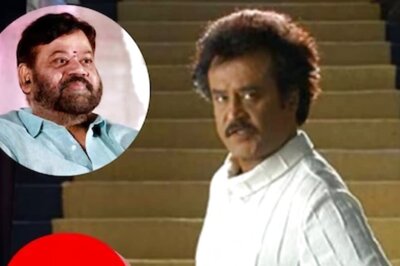
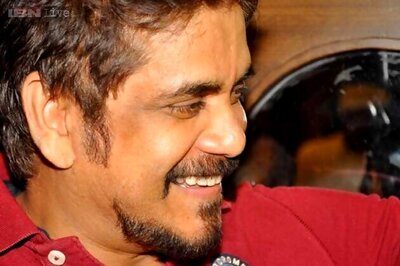
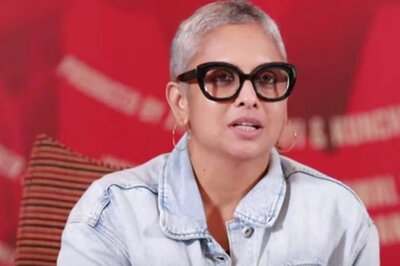



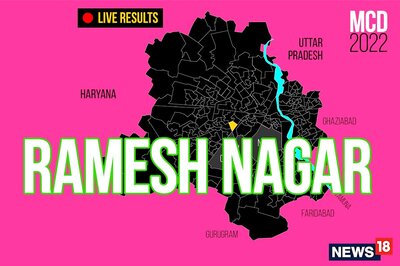



Comments
0 comment